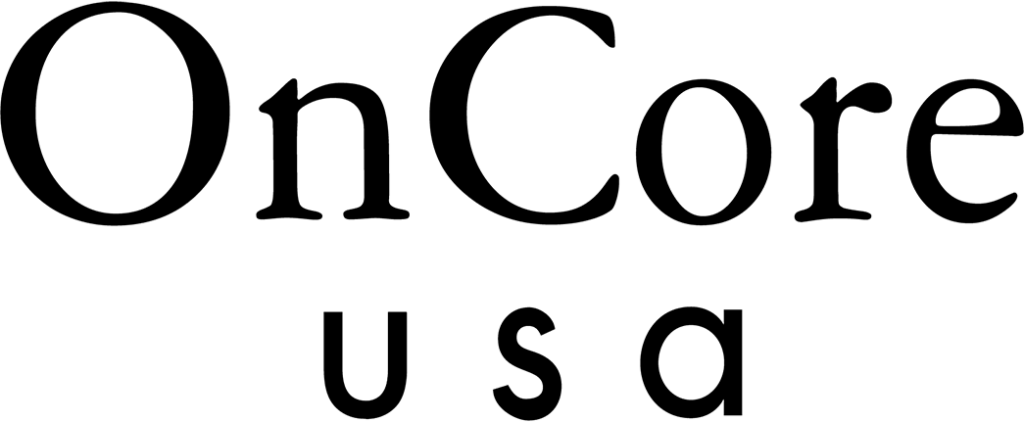
How to Look for a Job When You Already Have a Job
Gallup’s 2018 “State of the American Workplace” report recently revealed that 51% of workers in the U.S. are either actively looking for a different job or are keeping their eyes open for new and better work opportunities. Inspired by an upswing in the U.S. economy and job market, many employees are optimistic about their chances of finding a better position.
If you are among that group of American workers seeking advancement or change in your professional life, it can be helpful to understand the pros and cons of looking for another job while you are already employed.
The Pros
Whatever your reason for looking for a new job, you may be in a stronger position as a candidate when you are already employed. It can indicate to prospective employers that you possess up-to-date skills and industry contacts, as well as are simply in the groove of working regularly.
Looking for a job while you already have one can also affect your attitude. Job seeking while you are employed is likely to help you to approach the effort with more confidence and selectiveness. You are at less risk of seeming (and being) over-eager, which can give you more leverage and a steadier hand in negotiating terms.
The Cons
Job hunting, while you are employed, can be a tricky affair, however. Unless you have been warned of an impending layoff/cutback and encouraged to find another position, your current employer might not appreciate your desire to try to secure another gig.
Even if you are not motivated by dissatisfaction, your effort to leave your position and company can be perceived in a negative light, causing resentment and an unfavorable backlash. Depending upon your company culture and management personalities, it could possibly even result in movements towards your termination.
As such, it is important to proceed carefully and to keep the following tips in mind.
Be Prepared
If you are planning to actively look for another position, you should get your ducks in a row before you begin submitting applications. Update your resume or Vita and prepare a cover letter template. If you work in a field where you are expected to offer examples of your work, make sure that your portfolio is current and complete.
You should take the time to ensure that your LinkedIn profile is up-to-date and accurate. It also wouldn’t hurt to Google yourself (prospective employers almost certainly will!) to confirm that your online information is consistent with the impression that you want to give. That includes social media, too.
It is a good idea to define a schedule of available days and times for interviews and other job search activities that will not infringe upon your work responsibilities. Try to keep those activities completely outside of the sphere of your present job obligations and environment. If you will need to use paid leave time for job seeking efforts, give some thought to how you can do so both ethically and discreetly.
Keep It On the DL
It’s highly advisable that you be discreet in your job-hunting activities, that you keep it on the down-low. Don’t post your resume on a job board, as many employers keep an eye on those sites for promising new candidates. And no matter how enthusiastic about it you may be, avoid the temptation to mention it on social media. You never know who is watching and who knows who in the virtual world. Your private feed might be more public than you know.
The same is true with real-life interactions, as well. Try not to discuss your activities with coworkers, and do not use them as references. Avoid drawing attention to yourself by wearing interview clothes to work or dramatically altering your routines. People tend to notice those sorts of things, and it could inspire detrimental gossip and speculation. While it is a smart move to reach out to individuals in your network of industry contacts, request confidentiality when doing so. Ask the same of prospective employers.
Keep Your Bridges Intact
Even if you are intensely dissatisfied in your current position, put forth every effort to be as ethical and professional as possible as you look for a new job. Don’t use company equipment and resources for your search. If you must take calls or answer email during the day, do so on your lunch break and with your own phone and laptop.
When communicating with network contacts and potential employers, avoid saying anything critical or insulting about your current company and work environment. You might think that doing so will make them look bad, but in truth, it will only reflect negatively on you. And if an employer makes an offer, request a delayed start date so that you can provide adequate notice to your current company.
Even if you secure a new position, it is better for your reputation to conduct yourself in an ethical and professional manner at every step of the way. Up to and including that final step out of the door on your last day. No matter how great the temptation, don’t burn any bridges. Those fires can come back to burn you someday.





